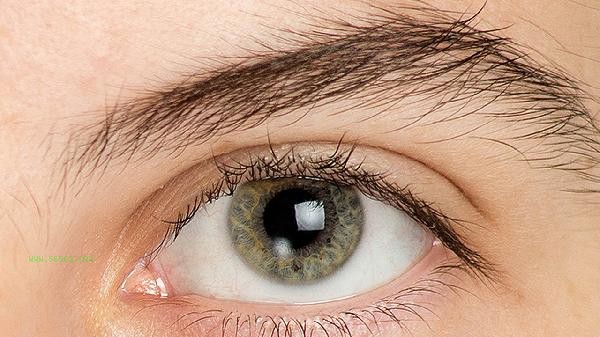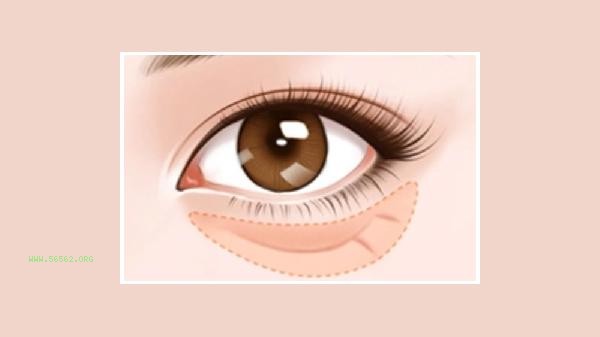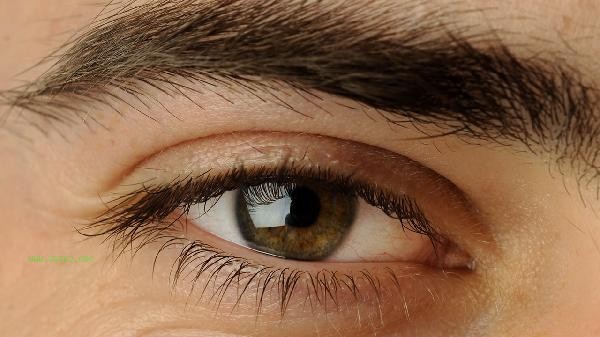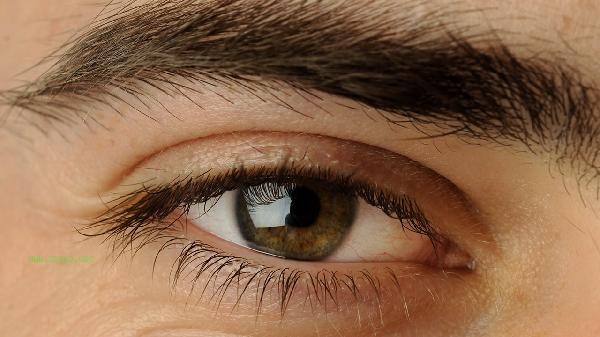The efficacy of adapalene and isotretinoin depends on the type of acne and skin tolerance. Adapalene is more suitable for mild to moderate non inflammatory acne, while isotretinoin is suitable for severe refractory acne. As a third-generation retinoid drug, adapalene mainly inhibits the formation of micro acne by regulating hair follicle keratinization, and has significant effects on non inflammatory acne such as blackheads and closed mouth. Its irritability is lower than traditional retinoids, making it suitable for long-term maintenance treatment, improving skin texture, and preventing the formation of new acne. However, it should be noted that it may cause local dryness and flaking. It is recommended to use it at night and combine it with moisturizing products. As a systemic therapeutic drug, isotretinoin can significantly inhibit sebum secretion and the proliferation of Propionibacterium acnes, and has a curative effect on cystic nodular acne. Its mechanism of action involves regulating cell apoptosis and immune response, but it carries teratogenic risks and requires monitoring of liver function. It is only applicable to critically ill patients who have failed other treatments.
isotretinoin has a more prominent effect in controlling oil secretion, with a higher cure rate in a single course, but may cause systemic reactions such as dry lips and elevated blood lipids. Adapalene has anti-inflammatory properties and good photostability, and can be used in combination with antibacterial agents such as benzoyl peroxide to enhance efficacy. Both require strict sun protection, and are prohibited for pregnant women and those preparing for pregnancy. From a safety perspective, adapalene is more suitable as a first-line topical medication for acne, while isotretinoin should be considered as a second-line option.
During the use of retinoids, it is advisable to avoid overlapping them with other irritating skincare products, as there may be a temporary exacerbation in the early stages of treatment. It is recommended to gradually establish tolerance from low frequencies, combined with skincare products that gently clean and repair barriers. During the treatment period, it is necessary to strengthen sun protection and avoid excessive exfoliation. Patients with stubborn acne are recommended to have regular follow-up visits to evaluate the efficacy. Maintaining a regular daily routine and a low sugar diet can help improve the effectiveness of medication. If serious adverse reactions occur, timely medical attention should be sought to adjust the plan.








Comments (0)
Leave a Comment
No comments yet
Be the first to share your thoughts!